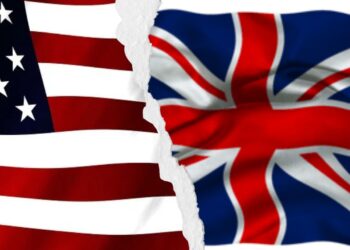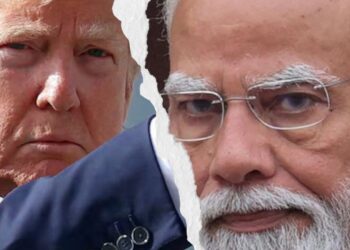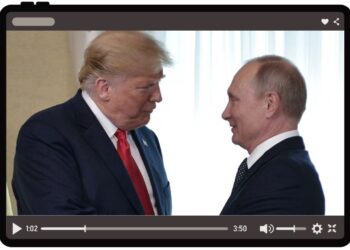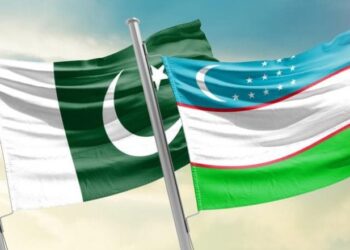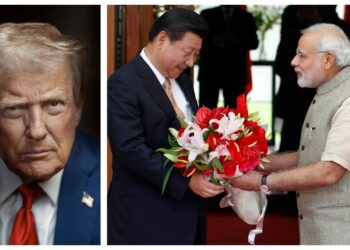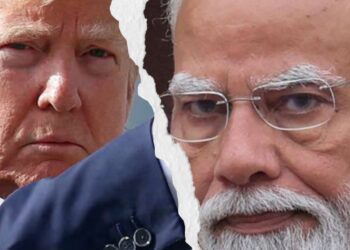Brussels, Belgium: The European Union has formally extended its sectoral sanctions against Russia for an additional six months, reaffirming its commitment to pressure Moscow to end the war in Ukraine. The decision, announced by the European Council on Monday, July 1, 2025, means the restrictive measures will remain in place until January 31, 2026.
EU foreign policy chief Kaja Kallas confirmed the extension on social media platform X, stating, “The EU today officially agreed to extend sectoral sanctions on Russia. We will continue to pile pressure on Moscow to end its war in Ukraine. Each sanction weakens Russia’s ability to wage war.”

A written statement from the Council reiterated that the renewal of “restrictive measures in view of the Russian Federation’s continuing actions destabilising the situation in Ukraine” underscores the EU’s unwavering stance.
These comprehensive sectoral sanctions, first introduced in 2014 following Russia’s annexation of Crimea and significantly expanded after the full-scale invasion of Ukraine in February 2022, cover a broad range of areas. They include restrictions on:
Trade: A ban on seaborne imports of Russian crude oil and certain petroleum products, restrictions on various industrial goods, dual-use goods, and luxury items.
Finance: Exclusion of several major Russian banks from the SWIFT international banking system.
Energy: Measures impacting the Russian energy sector, including prohibitions related to Russian LNG and crude oil projects.
Technology: Restrictions on the export of sensitive technologies and dual-use goods that could contribute to Russia’s military and technological enhancement.
Transport: Bans on Russian vessels accessing EU ports and restrictions on road transport operators.
Media: Suspension of broadcasting activities and licenses for several Kremlin-backed media outlets within EU territory.
Anti-circumvention measures: Specific provisions have also been adopted to counter attempts to bypass the sanctions, including targeting Russia’s “shadow fleet” of oil tankers and entities involved in sanctions evasion, some of which are based in third countries.
The EU has consistently stated that these measures aim to deprive Moscow of revenues to finance its war and will remain in place as long as Russia continues its aggression against Ukraine. The extension signals the EU’s continued united front despite reports of some internal discussions regarding the scope and timing of future packages.








